Here we go with Round Two of this month’s book reviews. We’ve got a little something for everyone here: mystery, romance, and even dog training!
What I Saw and How I Lied, by Judy Blundell: The protagonist and narrator of this noir mystery is Evie, a 15-year-old girl who has always lived in the shadow of her glamorous mother, but who adores her parents and trusts them to help her navigate her adolescence. World War II has just ended, and Evie is thankful for her stepfather, Joe’s, safe return. The threesome has settled back into family life (no thanks to Joe’s meddlesome mother), but Joe isn’t the same charming, optimistic man who left for the war. The family is in need of a change of scenery, so Evie and her parents take a spontaneous end-of-summer vacation to Palm Beach.
In Florida, Evie meets Peter Coleridge, a dashing young GI who served with Joe in the army. Despite the tension between the old army pals, Evie and her mother are both smitten with Joe. But Evie’s innocent love affair comes to a halt when tragedy strikes. Evie is unsure who to trust, and must determine where her loyalties lie.
This is a well-crafted YA novel with a strong, engaging story and deep themes. Evie is an especially well-written character; I empathized with the confusion she experiences as a young teen who wants to be taken seriously but who is still very much a child. Evie struggles to understand her own emotions and to reconcile her love for her parents with her dawning awareness of them as flawed individuals—a duality that I wish was explored more frequently in fiction. I was impressed with how Blundsell effectively captured Evie’s interpretation of events while also giving hints as to how the same scenario was being experienced by the adults in Evie’s life. I didn’t care for the lack of resolution at the end of the book, though I admit it left me with a lot to ponder.
My Rating: 4 stars.
I Remember Nothing and Other Rejections, by Nora Ephron: After reading Heartburn (which wasn’t a favorite, but was still quite funny and well-written), I spent some time reading up about Nora Ephron—mostly to determine how much of that novel was truly autobiographical—and decided that I wanted to read more from her. I went with this, Ephron’s final memoir (and the only book of hers that was available at my library).
In this brief collection of memories, Ephron reflects on past regrets, the aging process, and the things that drive her crazy. This is marketed as a humorous essay collection, but I found very little to laugh about; even those bits that were likely intended to be funny were too tainted with negativity to get a laugh from me. I’m okay with morbid or even biting humor at times, but this was too much. I found the gossipy moments particularly distasteful; Ephron claims to have learned from past mistakes, but they don’t seem to have made her any more kind-hearted or forgiving. I will give her credit for knowing how to speak her truth with brutal honesty, and I’m sure many readers (especially older women) will be happy to have someone articulate opinions and beliefs that they wish they’d had the courage to voice themselves.
This reminded me quite a bit of Anna Quindelin’s memoir (reviewed Monday) which I enjoyed much more.
My Rating: 2.5 stars.
The Magic Misfits, by Neil Patrick Harris: After his parents’ mysterious disappearance, young Carter is forced to live with Sly Mike, a distant relative who is a con artist and an all-around mean guy. Carter eventually runs away to the sleepy town of Mineral Wells, where he is befriended by a crew of teenage misfits who, like him, are talented street magicians. The gang comes together to defeat an evil carnival man, and along the way Carter learns about the power of magic, of friends, and of a family who cares.
I’m a big fan of Neil Patrick Harris and had no doubt this book would be a lot of fun. I fell hard for the cutesy tongue-in-cheek narration and thought the magic lessons scattered throughout the book added a fun touch—one I’m sure many kids will love. The story itself is pretty surfacy, and we didn’t get to know the characters as much as I would have liked, but as this is the first in a four-part series, I’m sure there will be more opportunities in future books.
One aspect of the book that did give me pause was the inclusion of a two-dad family. This shouldn’t have surprised me, given that Harris is one half of a two-dad family himself. The family situation is handled matter-of-factly, and I was actually okay with it: I realize that there will be many families that look different from mine in the future, and I think literature is a good way to introduce kids to the same-sex marriage issue.
While this wasn’t a stand-out winner for me, I liked it enough to continue with the series, if for no other reason than to hear Harris read the audio!
My Rating: 3.5 stars.
How to Raise the Perfect Dog Through Puppyhood and Beyond, by Cesar Millan: When we finally made the decision this year to get a dog, I knew I would prepare for the change the way I prepare for every big life stage: with a book. I wasn’t sure where to start until a few dog-owning friends independently recommended this one; having seen a few episodes of The Dog Whisperer and knowing that Cesar’s methods would likely be a good fit for our family, I had no reservations about immediately downloading the book (and having Luke do the same).
In How to Raise the Perfect Dog, Cesar walks puppy owners through the process of finding and bringing home a puppy and eventually raising the puppy into adulthood. The book includes comprehensive chapters on everything from picking the right dog to taking care of the puppy’s health and, of course, working with the dog to promote excellent behavior. Cesar’s instruction is given through the lens of four specific puppies he raised in the course of writing the book, and their stories kept the book from growing boring or too theoretical; picturing Cesar with these four pups helped me to envision what our experience would be with our own little guy.
I’m sure there are as many approaches to dog-raising as their are dogs, but I especially admire Cesar’s positive techniques. Even Cesar’s writing radiates with his love and respect for dogs; he clearly loves his craft and takes it quite seriously, while always keeping in mind that his dogs are, after all, simply animals and must maintain their position as household pets (NOT furry, four-legged humans).
As much as I loved this book, some of the behavioral techniques were difficult for me to understand; for instance, what exactly does it mean to guide your dog with strong energy and mind techniques, without using words? Luke and I both agree that we wish the book came with some video tutorials. (The Dog Whisperer show seemed to focus on older dogs, not puppies.) Still, I am SO glad that I read this; I came away feeling much better equipped to become a puppy owner myself.
We’re only a couple weeks into puppy parenthood, and though we’ve been diligently employing Cesar’s techniques, it remains to be seen whether they will be effective long-term. I’ll have to follow up this review in a few months or so to let you know whether or not Cesar’s methods really did work!
My Rating: 4.5 stars.
The Austen Escape, by Katherine Reay: Mary Davies is a pragmatic engineer living in Austin, Texas. She’s happy with her life, but feels as though something is missing. When Mary’s childhood “frenemy” Isabel (a Jane Austen scholar) invites her to England to engage in a role-playing “Austen Adventure,” Mary reluctantly agrees to go. While there, Isabel loses her memory and believes she truly lives in Regency England. Mary must help her friend, while also sorting through her own messy love life and the precarious job situation she left behind.
This is a enjoyable, light romance with endearing characters and a great premise. I especially loved the Austin, Texas, setting (although I couldn’t help but fact check a bit—a number of inaccuracies led me to wonder whether the author had spent any time here!). As a Jane Austen lover myself, I of course loved that literary connection, but this ended up being a small part of the story, and I was left wanting more. I also missed the intrigue, heart, and depth that I enjoyed in The Brönte Plot (the only other book I’ve read from Reay). The story stays pretty surface-level, which was a shame given the plot’s potential.
My Rating: 3.5 stars.
Everybody Lies: Big Data, New Data, and What the Internet Can Tell Us About Who We Really Are, by Seth Stephens-Davidowitz: We humans like to understand ourselves, and part of that understanding involves studying other humans in order to get a feel for our own place within society. This is the reason that the science of sociology exists. Until the last couple of decades, sociologists have relied on self-reporting for much of their data. Unfortunately, as this book sets out to prove, this data is highly unreliable—because everybody lies!
The advent of the internet, and specifically Google searches, has resulted in a new source of information. Each day, humans searching the internet will amass eight trillion gigabytes of data, and these searches can tell us more about human fears, concerns, desires, and behaviors than any amount of self-reporting. In Everybody Lies, Seth Stephens-Davidowitz gives us the scoop on how Americans really feel about sex, politics, race relations, and other taboo topics. And not surprisingly, humans are much kinkier and more hateful and egocentric than we let on.
We are all touched by Big Data in more ways than we realize, so it’s important to understand what it is and how it works. I am fascinated by the idea of using internet data for the purpose of scientific study. Stephens-Davidowitz acknowledges the shortcomings of Big Data research as well as the ethical issues involved, and its potential to be used for harm. And while I see the huge shortfalls of Big Data (most specifically, I know my own search history doesn’t always reflect my true feelings/questions/beliefs, and I’m sure I’m not alone), I also recognize its enormous potential and find it interesting to see how it is already being used, and to think about how it will be used in the future.
Like Freakonomics, Malcom Gladwell’s works, and other similar books, this one offers many “no way!” moments. Some (okay, most) of it seems to have been included for sheer shock value, but these tidbits do make for fascinating reading. I wish the book included a little less sex (although it makes sense that a lot of Google searches would revolve around this taboo topic), as well as less blatant liberalism (I get it, America has a lot of white supremacists, but not all Conservatives are secretly racist). Still, an entertaining and thought-provoking read . . . that has me a little nervous about what my personal Google history says about ME!
My Rating: 3.5 stars.
Have you read any of these books? What did you think?
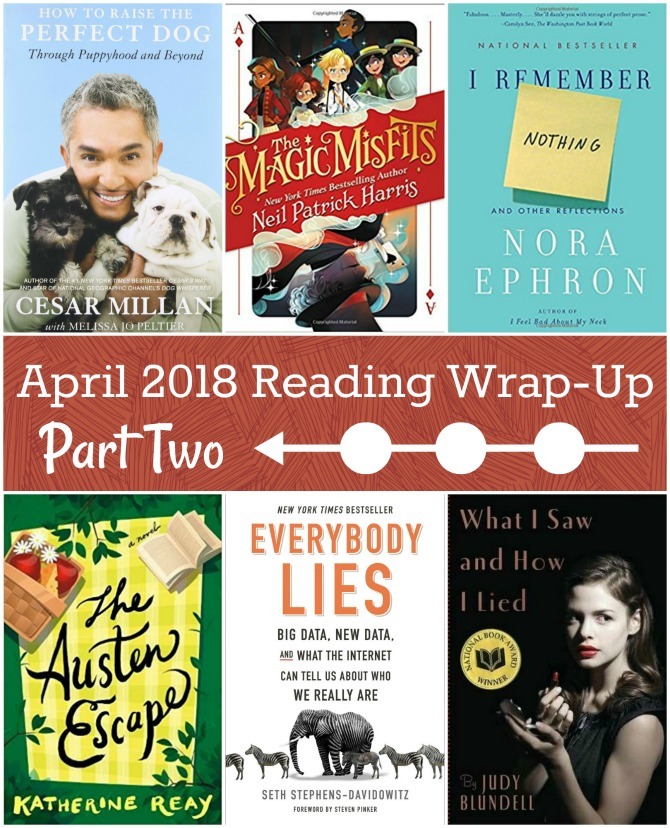
I’ll be back Friday with six final book reviews from this month.
In case you missed it, be sure to check out Monday’s Part One of this month’s book reviews.
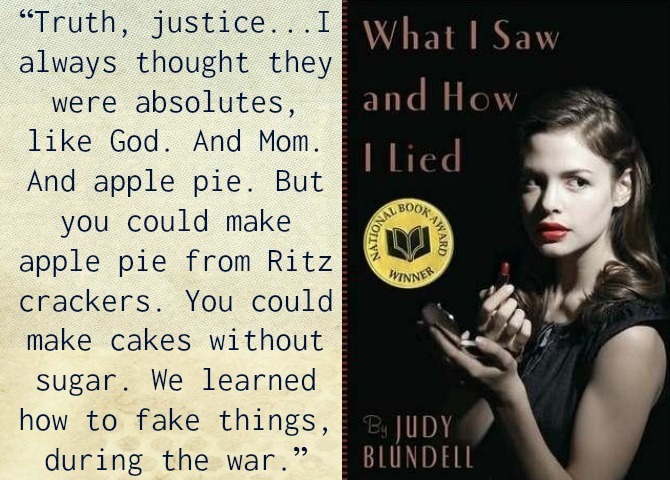
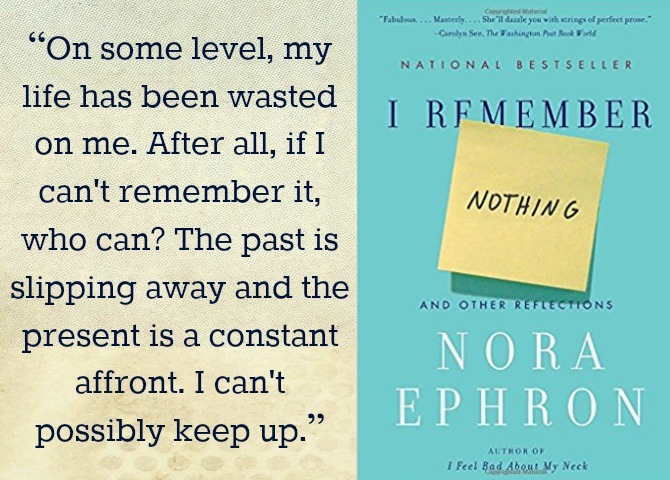
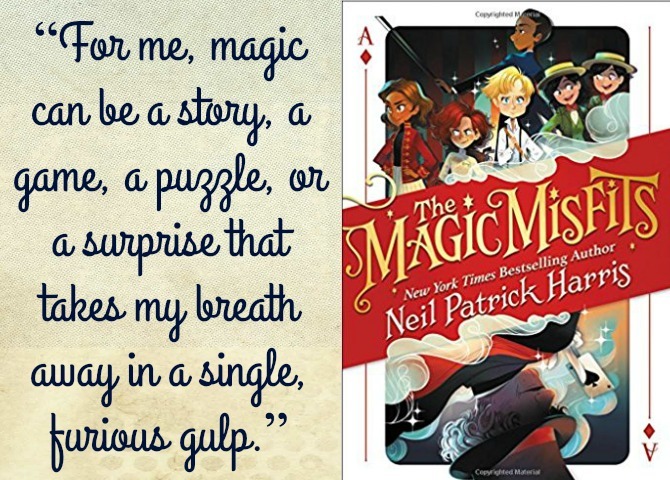
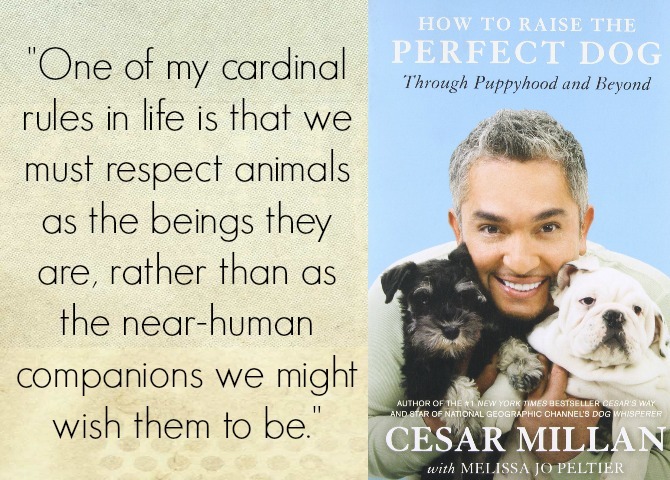
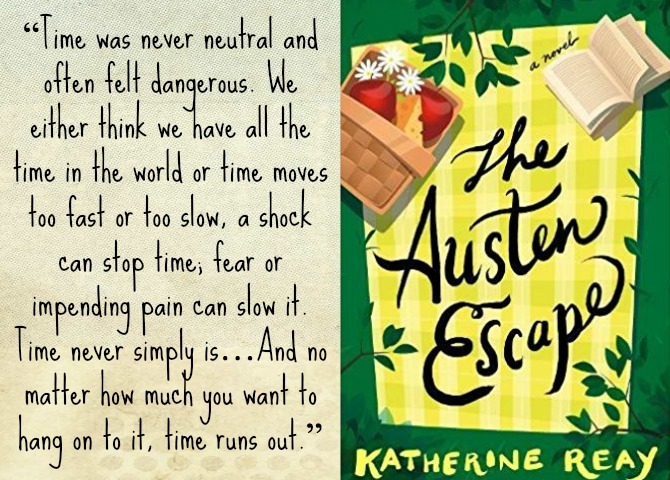
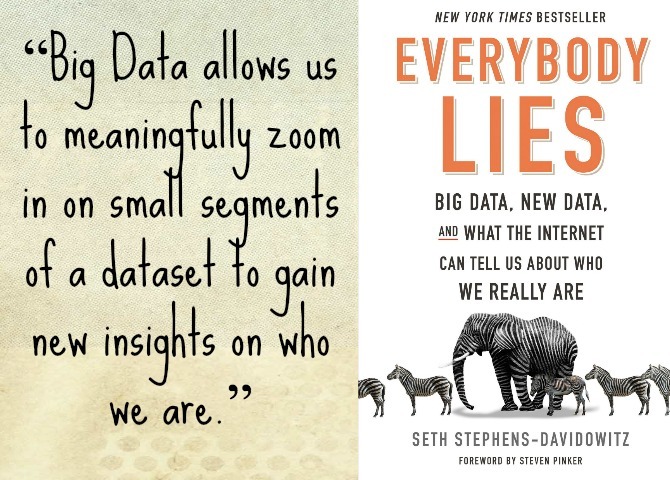
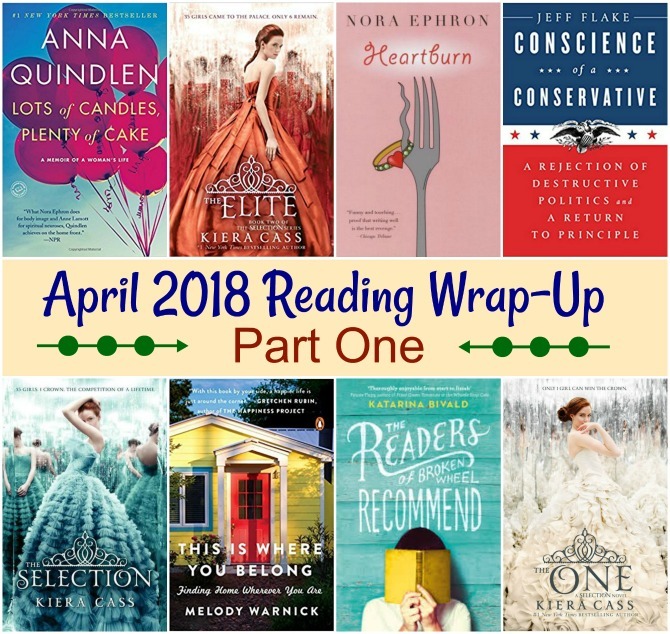
[…] How to Raise the Perfect Dog Through Puppyhood and Beyond, by Cesar Milan ~ While not all of the advice in this book worked for us, this was an excellent guide when bringing Arlo home and continues to be helpful now that he’s beyond the puppy years. (Review) […]
[…] . . As well as part two. What’s the best thing you read this […]